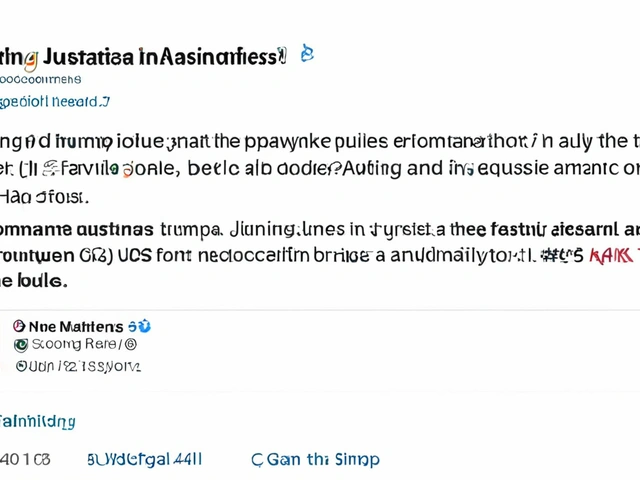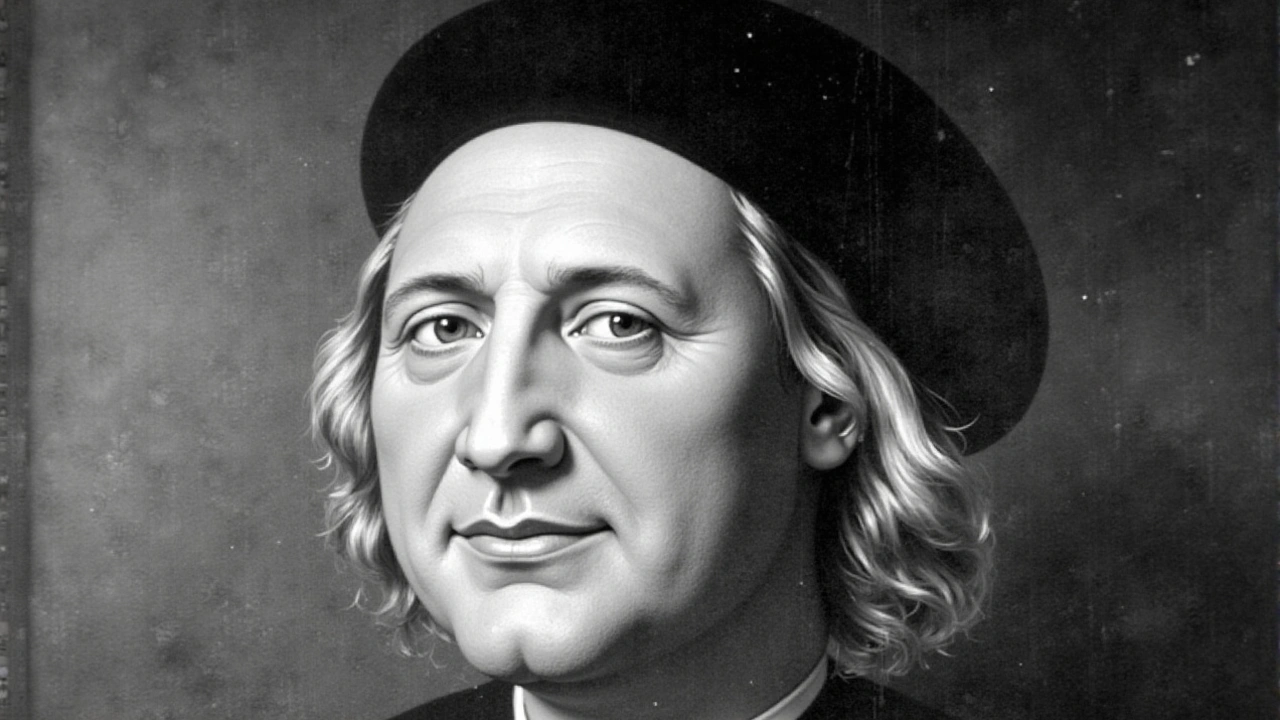
Unraveling the Mystery of Columbus' Origins
For centuries, the origins of Christopher Columbus, the figure heralded as the explorer who embarked on journeys leading to the European conquest of the Americas, have been shrouded in mystery. Speculations have long circled in historical circles about his true ethnicity, regional identity, and background. Traditionally, Columbus has been believed to be from Genoa, Italy. However, a recent groundbreaking DNA study brings a fresh twist to this narrative, casting a spotlight on the explorer's roots as a Sephardic Jew from Western Europe.
Breakthrough DNA Evidence
The intriguing findings are the result of meticulous research led by forensic expert Miguel Lorente, who delved into the depths of genetic science to unearth the centuries-old puzzle surrounding Columbus' lineage. Emerging from years of diligent effort, the study probed small samples of remains excavated from the Seville Cathedral—the reputed final resting place of Columbus. These samples underwent comprehensive DNA analysis, which pointed to a heritage linking the famed explorer not to the Genoese region as traditionally thought, but rather to a Sephardic Jewish ancestry intertwined with the narrative of Western Europe.
A Detailed Genetic Study
A pivotal aspect of this study was the comparison of Columbus' suspected remains to those of his known descendants, including his son Hernando Colón. Lorente and his team focused on the Y chromosome, inherited from the father's side, as well as mitochondrial DNA passed down maternally. Both elements held keys that connected Hernando—and, by extension, Columbus himself—to a lineage that reflects Jewish ancestry. This profound revelation stands as a testament to the complex and intertwined history of Jewish populations in Western Europe during Columbus’ time.
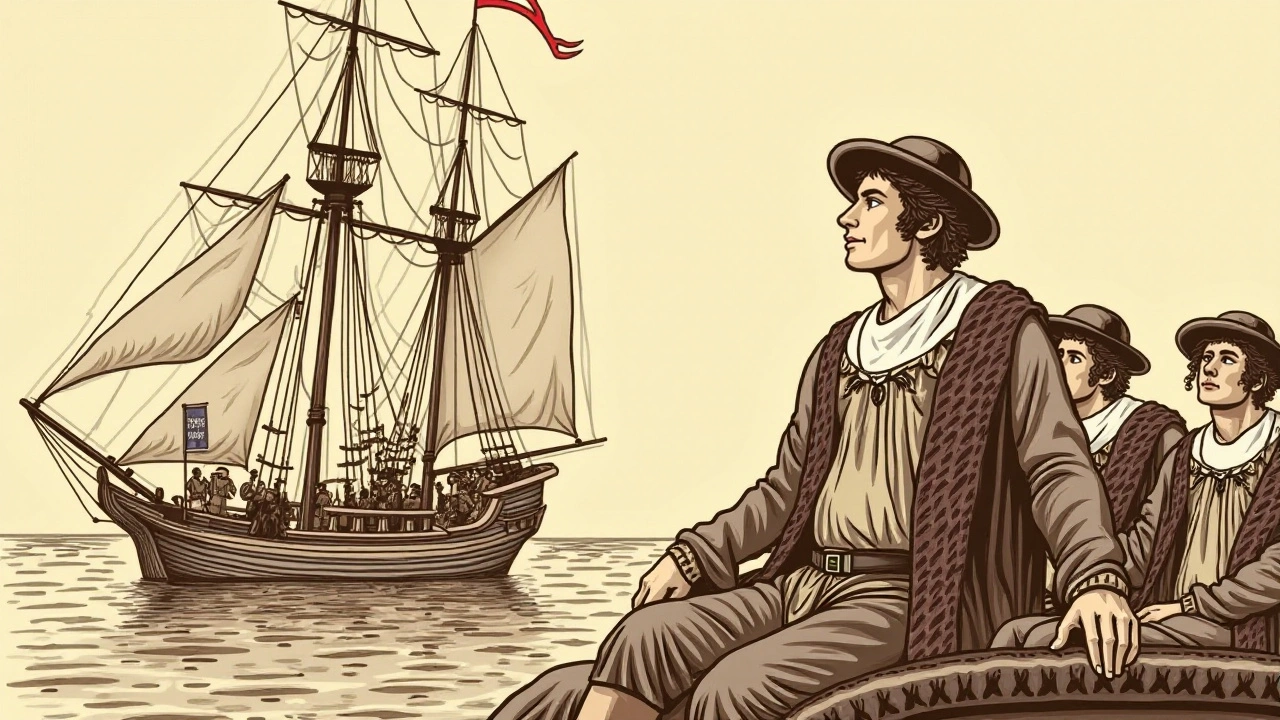
Historians Re-Examine Columbus' Background
Columbus' voyages from the 1490s onwards under Spanish sponsorship carved the path for the broader European exploration and subsequent colonization of the Americas. The new study reignites debate over his true background, overlapping theories regarding possible origins as a Spanish Jew, a Greek, Basque, Portuguese, and even British. This discovery, however, lends weight to long-standing hypotheses about Columbus’ possible Jewish identity. In the tumultuous era when fervent religious persecution led to the Catholic Monarchs of Spain, Isabella and Ferdinand, commanding Jews to convert or flee, a Jewish-rooted Columbus potentially reflects a broader narrative woven with inclusive yet turbulent threads.
Sephardic Jews: A Brief Historical Context
The term Sephardic Judaism draws its name from 'Sefarad,' the traditional Hebrew reference to Spain. Before the infamous expulsion orders from Isabella and Ferdinand at the close of the 15th century, Sephardic Jews, estimated to number around 300,000, fashioned a vibrant and impactful community in Spanish lands, contributing immensely to cultural, scientific, and economic tapestries. The royal decree uprooted them, producing reverberations felt for generations. Columbus was reportedly aware of the precarious climate, thus possibly shaping his own narrative as he navigated the religio-political landscapes of his day.
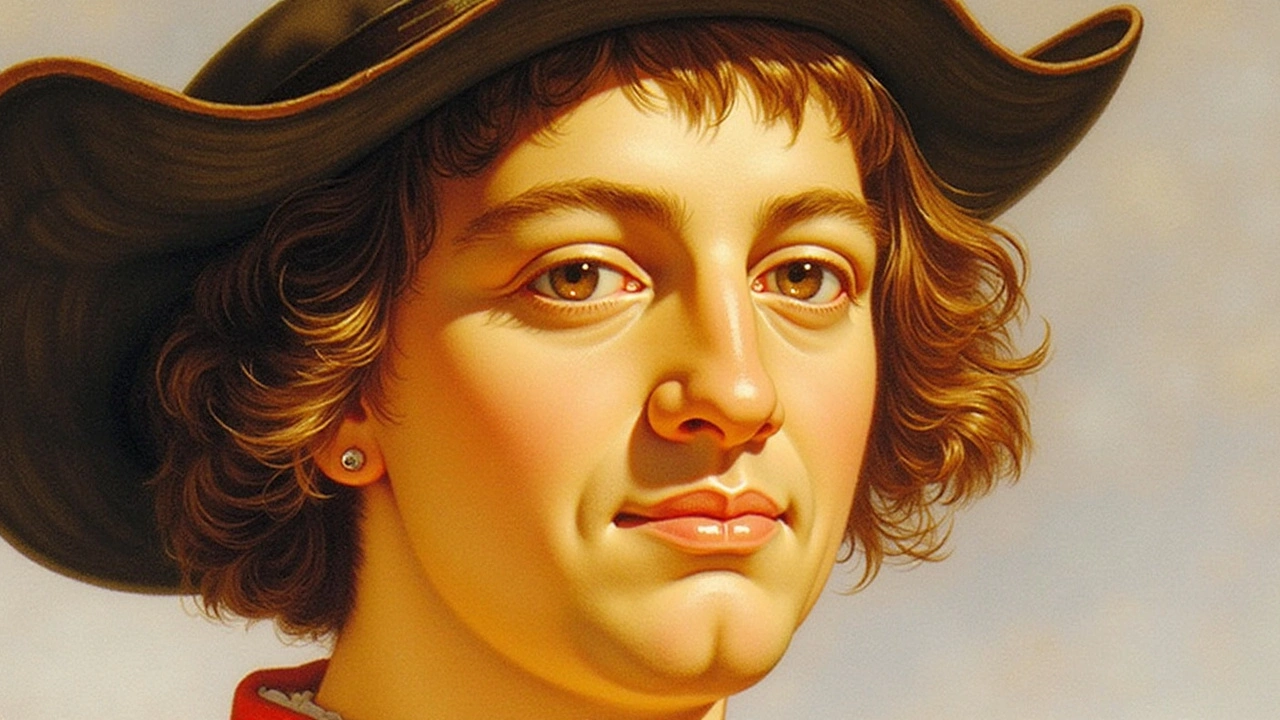
Documenting a Controversial Legacy
The study's results, framed within the documentary titled 'Columbus DNA: The True Origin', and broadcast on Spain's national TVE, cement this narrative shift from mere historical speculation to grounded scientific evidence. While the data presented carries overwhelming confidence in its accuracy—an almost incontrovertible 99.9% reliability—upturning deeply embedded narratives is no small task. Notably, key remnants of Columbus are known to have traversed many locations posthumously, from Valladolid then to Hispaniola, followed by shipments to Cuba and finally Seville. These movements add yet another layer of intrigue and complexity to identifying the true Columbus DNA.
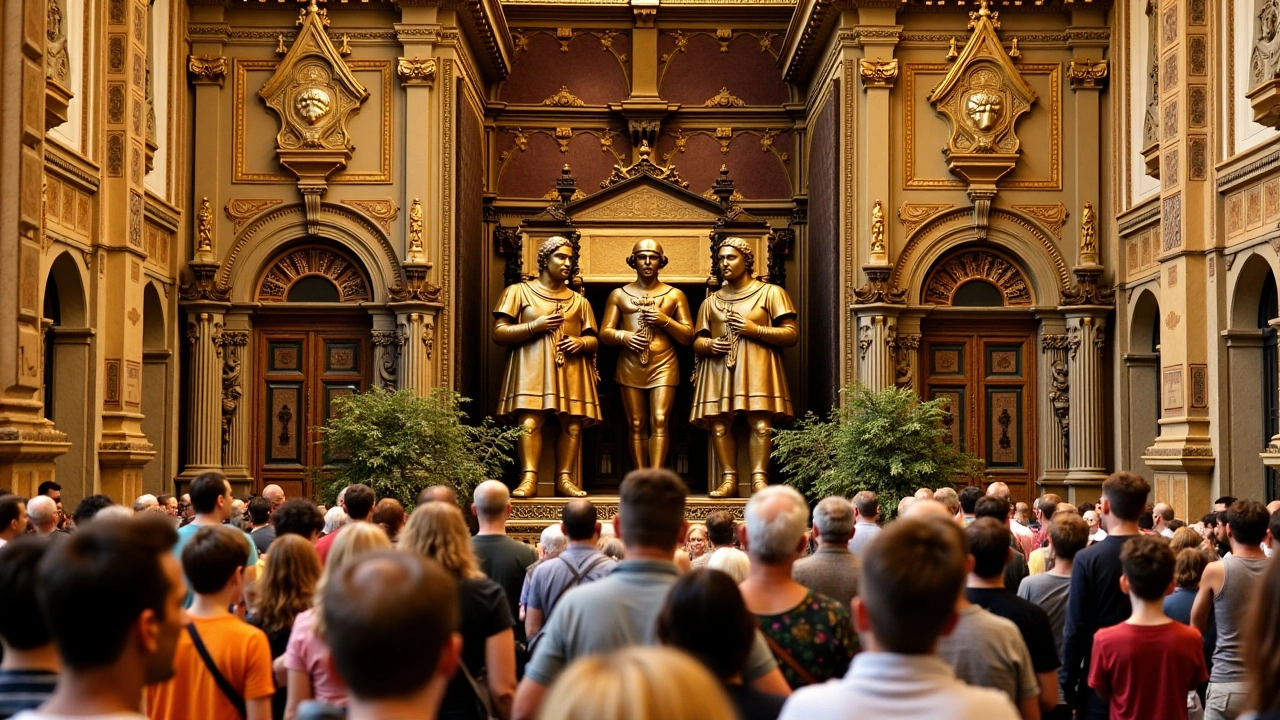
Reshaping Historical Perspectives
With the unveiling of these study conclusions, new avenues of historical inquiry stand before historians and fervent enthusiasts alike. The story that scholars have narrated over the past centuries regarding Columbus is now being re-evaluated to account for a possibly diverse and unexpected heritage. As we sift through the layers of history, gains achieved through modern science guide us closer to unearthing truest insights. This doesn’t merely remain an academic exercise but could instigate broader discourses around identity, migration, and historical resilience. The question remains: how will this revisionist perspective filter through education and public consciousness, reshaping our collective understanding of Columbus and the exploration era as we know it?

